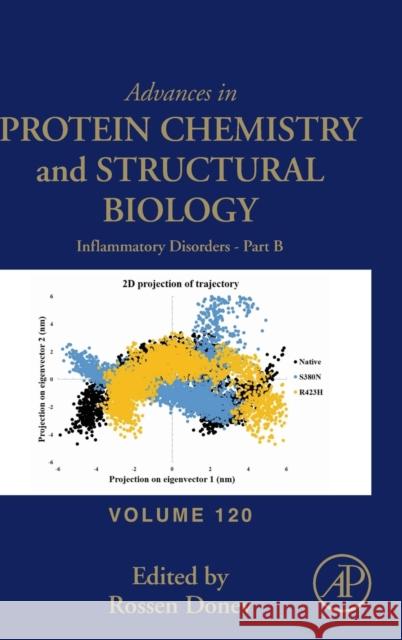Inflammatory Disorders - Part B: Volume 120 » książka
topmenu
Inflammatory Disorders - Part B: Volume 120
ISBN-13: 9780128213223 / Angielski / Twarda / 2020 / 152 str.
Kategorie:
Wydawca:
Academic Press
Seria wydawnicza:
Język:
Angielski
ISBN-13:
9780128213223
Rok wydania:
2020
Numer serii:
001078924
Ilość stron:
152
Waga:
0.75 kg
Wymiary:
22.86 x 15.24 x 2.39
Oprawa:
Twarda
Wolumenów:
01
Dodatkowe informacje:
Bibliografia











